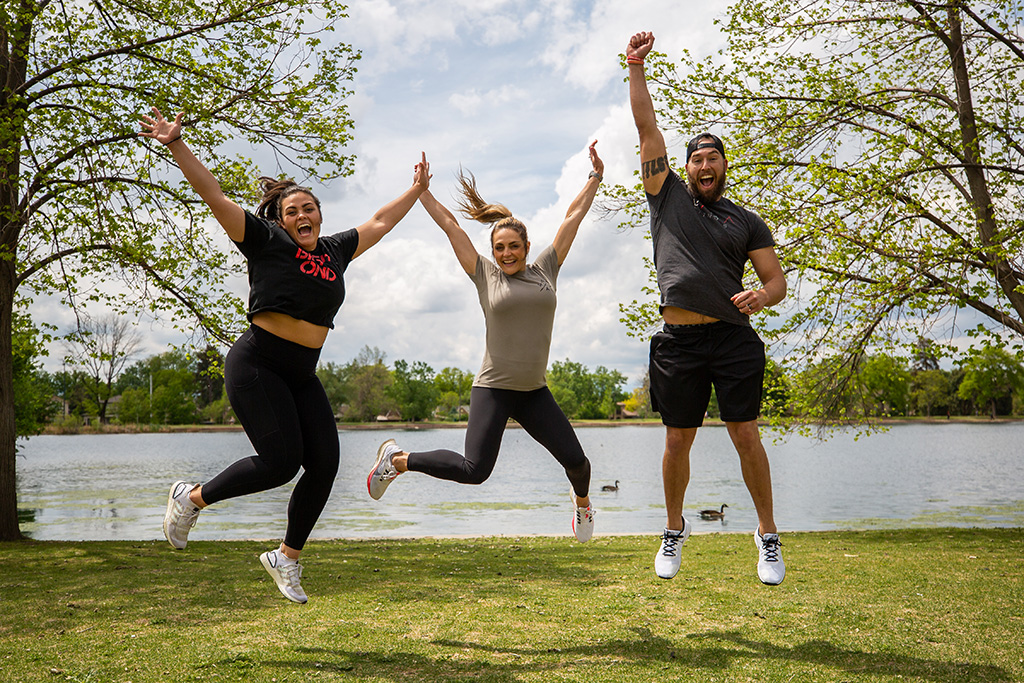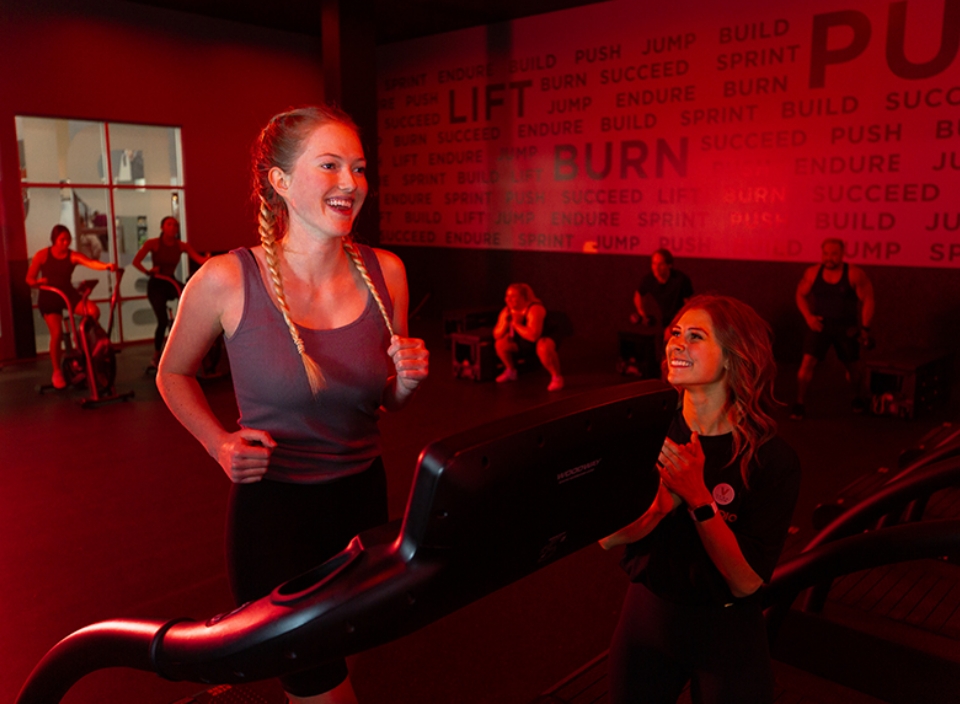Why Do I Feel Good After Working Out?
Exercise benefits more than just your body—it positively impacts your brain, too. Although it can sometimes be hard to find the motivation to work out, it’s rare not to feel great afterward! In particular, cardiovascular workouts are great for boosting health and happiness. Set up a regular exercise program to improve your mental health and boost your self-esteem. Incorporating 30 to 60 minutes of exercise three to five times per week will improve your stress response and overall well-being. Read on to learn more about why we feel good after physical activity!

What Exercise and Physical Activity Do to the Brain
Physical activity boosts your mood because it produces fundamental changes to your brain, both while you’re working out and after you’re done. When you exercise, your heart rate increases and your body pumps more oxygen to your brain as you get your blood flowing. That process can affect your overall positivity and outlook on life, as well as reduce stress.
Short-Term Benefits:
Physical exercise produces some immediate benefits that make you feel happier. When you exercise, your body releases chemicals called endorphins. Endorphins are hormones produced by the central nervous system and the pituitary gland. Their main job is to inhibit the transmission of pain signals, but they also produce feelings of euphoria, commonly referred to as a “runner’s high”. This is what makes you feel happier instantly, and the effects will last even after your workout is over.
Even though exercise is a form of physical stress, it can improve your daily mental health. While exercising, your body also produces serotonin, norepinephrine, and dopamine (the reward chemical). These chemicals work to create a sense of well-being and the ability to deal with stress in a positive way. Exercise also helps to reduce the levels of cortisol and adrenaline in the body, both of which can cause stress when released in high doses. When you exercise regularly, you’ll experience these psychological benefits often.

Long-Term Benefits of Regular Exercise:
Exercise can change the structure and function of your brain over time, helping preserve brain function and prevent cognitive decline, which will make it easier to maintain a happier outlook on life. Exercise may also generate new neurons in the hippocampus, the region of the brain associated with memory, learning, and emotions. Because the hippocampus manages your emotions, optimizing it could help you feel more emotionally stable in the long term.
What Kinds of Exercise Are Best for Happiness?
Aerobic Exercise
If you’ve ever exercised regularly, you understand how aerobic activity can improve cognitive function and energy levels, and boost your happiness. That’s because cardio or aerobic exercise produces the most endorphins and other feel-good chemicals, but you don’t have to only focus on cardiovascular work to get some mood-boosting benefits. Difficult and moderate exercise will create a positive feeling and release these brain chemicals.
Other Types of Effective Physical Activity
Strength training for major muscle groups has also been shown to reduce anxiety and depression and has the added benefit of increasing your self-esteem. You may also notice more energy and even weight loss as a result of regular weight training.
You can also try yoga, which produces some of the same benefits of exercise as cardio and strength training, with the added benefit of learning how to relax and quiet your mind.
The most important thing is to find an exercise that works for you. Even moderate aerobic exercise will improve your mood. We’re far more likely to stick to something if we enjoy it, and doing something is better than doing nothing at all. Regular exercise combined with other healthy practices like getting enough sleep, eating well, and nurturing positive relationships will help guarantee your body and brain stay healthy and happy for a long time!
RECOMMENDED
SUBSCRIBE TO OUR BLOG
Enter your email to start receiving our blog emails!









